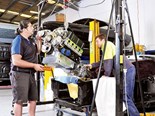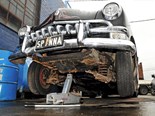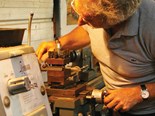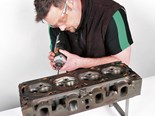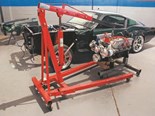Feature: The Right Tools
|
|
|
|
|
|
|
|
|
|
|
Pliers and multigrips, including a self-locking pair, are essential kit
|
|
|
|
|
|
|
|
|
|
|
|
|
|
|
|
|
|
|
|
|
|
|
|
|
Got the urge to get on the tools for a spot of maintenance? Here's Guido's quick guide to what you'll need
THE RIGHT TOOLS
The sun was shining, the old four was humming along the highway from Canberra to Sydney and all was right with the world. Briefly. Then a rattle started – that’s when I should have switched off. Instead, the rattle soon became insistent, then a very ugly ‘haggeda, haggeda’ just before the engine expired in an ominous ‘whump’. Not good.
We were somewhere outside Campbelltown and about to make a decision that was, if not life-changing, certainly shed-changing. Should I hand it over to a professional or tackle the job myself? With barely enough mechanical knowledge to adjust the fanbelt without cocking it up, I optimistically thought "how hard can it be?" and opted for the DIY route.
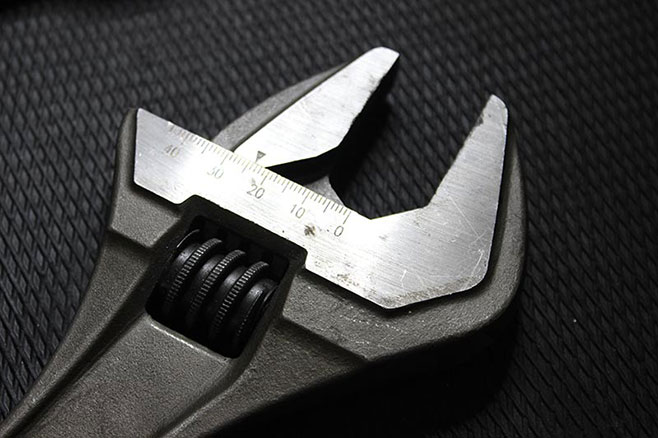 When it comes to shifters, quality really counts. Buy the best you can afford
When it comes to shifters, quality really counts. Buy the best you can afford
There were not more than a couple of shifting spanners and a pair of pliers to my name, so the first challenge was to start buying decent tools without spending a fortune. At the time, local company Sidchrome promoted a lifetime guarantee for its mid-priced tools, something it still does today. So the first tentative step was a basic half-inch drive socket set, bought over 30 years ago. It’s still in use today and shows every sign of outlasting its owner.
A current equivalent (a slightly more elaborate 20-piece set) will set you back up to $170. Not cheap? Welcome to my first rule of tool-buying: if it’s something you’re really going to depend on, don’t be afraid to spend a little extra to get decent quality gear. In the long run, it will pay for itself.
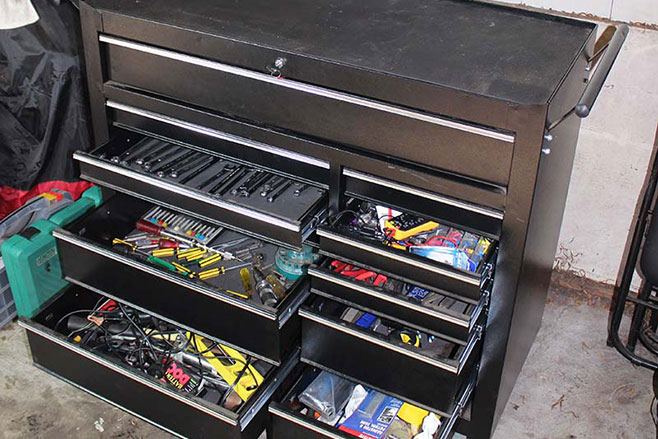 Big tool chests aren't compulsory, but at least you know where everything is. And you might be surprised at how quickly you fill it
Big tool chests aren't compulsory, but at least you know where everything is. And you might be surprised at how quickly you fill it
WHAT YOU NEED
Okay, so let’s back up a bit and assess what you really need. The basics for the vast majority of vehicles will include spanners (socket and ring) for around 8-20mm, a set of flat and Phillips head screwdrivers (a couple of different sizes of each), a small set of Allen or hex keys, plus, increasingly, some basic Torx heads. Oh, and let’s not forget a few sets of pliers. Throw in a decent-size shifter (quality really counts here) and you’ll have enough to tackle the majority of basic maintenance.
Now before you grab that shopping list and head off, what is your car? If it’s Japanese or European, it has metric fasteners. If it’s older American or English, it could have Imperial/SAE or even Whitworth.
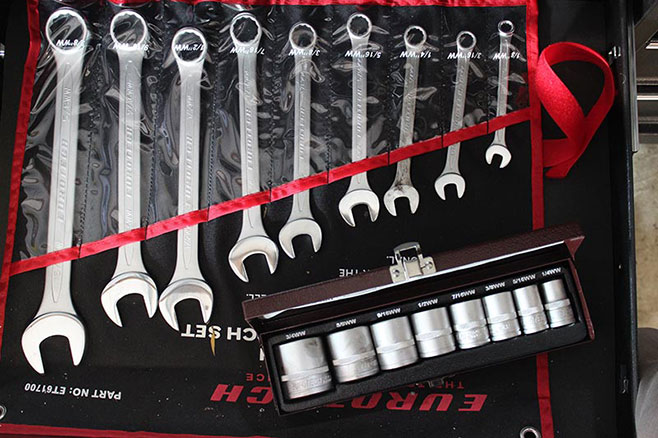
One solution is to buy a kit, which has the vast majority of what you need, usually for significantly less than the individual components would add up to. Again, look for reasonable quality (it doesn’t have to be top shelf unless you plan to twirl spanners for a living) and be aware that any kit will inevitably need adding to over time.
Though less critical, I like to have some basic electrical gear at home, including a battery charger and multimeter. The latter will tell you lots of useful things, such as whether your battery is up speed and if it’s holding charge, or even if a suspect wire really is broken. A reasonable one will set you back about $40-50.
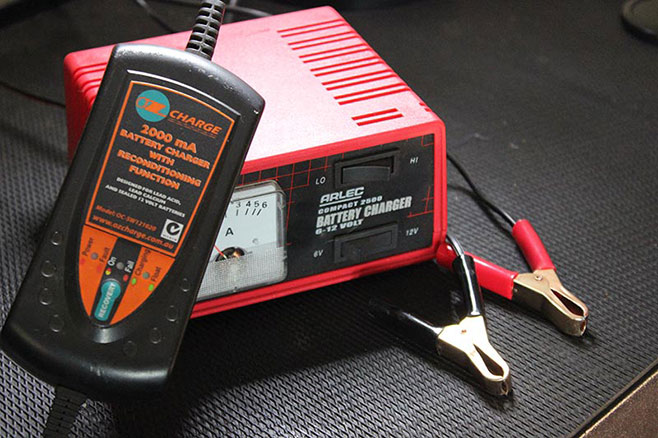 Get some basic electrical gear, including a battery charger and multimeter
Get some basic electrical gear, including a battery charger and multimeter
As for battery chargers, there are two main types that you’ll find useful: a bench charger that’s designed to cover 6 and 12 volt, and a battery tender. A bench charger that has fast and gentle charge rates, such as an Arlec 2500 Compact, will cost around $50. A tender will cost more, but can be safely left attached to anything that spends most of its life under a cover.
WHERE FROM?
For anything you know you’re going to rely on, I prefer a real tool shop or auto stores like Repco where they will probably have someone who has a clue. The reason for preferring a tool shop is they’re unlikely to carry the sort of ultra-cheap crap you’ll find at discount marts, plus you will get someone who can offer decent advice.
Unique Cars magazine Value Guides
Sell your car for free right here
Get your monthly fix of news, reviews and stories on the greatest cars and minds in the automotive world.
Subscribe

.jpg)









